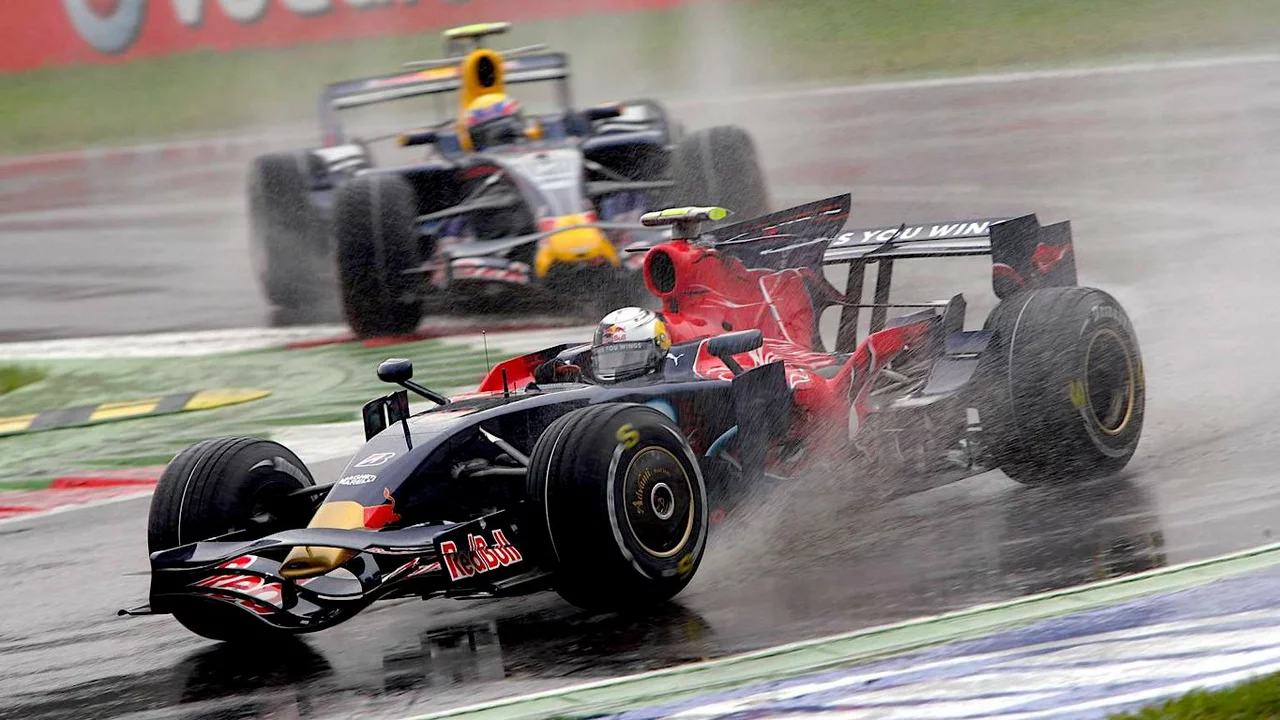Unsuccessful: Real‑World Examples of What Went Wrong
Ever wonder why some plans never make it past the start line? The “unsuccessful” tag on our site gathers stories that didn’t hit their targets – from natural disasters to missed political goals and racing dreams. Looking at these cases helps us spot the red flags before they bite.
Common Reasons for Failure
Most of the posts under the unsuccessful label share a few core problems. The Asia floods article shows how under‑estimating weather patterns can turn a well‑planned event into chaos. The lack of backup plans and insufficient infrastructure made road closures, flight cancellations and landslides inevitable.
In politics, the Nigel Farage Reform Party launch in Dover illustrates another pitfall: over‑promising without clear funding. When a campaign relies on bold rhetoric but lacks a solid financial base, the effort fizzles quickly.
Motorsport‑related posts reveal budget traps. A reader asked how much money is needed to start a racing career in India and learned that 15‑20 lakh rupees is just the start. Without realistic cost estimates for training, equipment and entry fees, many aspiring drivers quit before they ever hit the track.
Even small‑scale ideas like joining a formula racing series can stall if the entry barriers – like licensing fees and vehicle maintenance – aren’t fully understood. The “average joe” series highlights how missing these details leads to frustration and abandoned attempts.
How to Turn a Setback into a Win
First, break the goal into bite‑size steps and put a timeline on each. If you’re planning a race event, schedule a risk assessment for weather, traffic and emergency services. That way you’ll know where the weak spots are before the big day.
Second, budget for the unexpected. Add a 10‑15 % buffer to any financial plan, whether it’s a political campaign or a motorsport venture. That cushion can cover surprise costs like extra licensing or extra safety gear.
Third, get feedback early. Share your plan with people who have lived through similar situations – a flood‑relief veteran, a seasoned driver, or a campaign manager. Their insights can spot blind spots you missed.
Finally, treat every setback as data. The Rosh Hashanah post reminded us that traditions survive because they adapt over time. Likewise, when a project fails, write down what went wrong, why, and what you’d change. The next time you launch, you’ll have a cheat sheet that saves you hours of trial and error.
By looking at real examples – from natural disasters and political missteps to racing cost surprises – you can spot the same patterns in your own projects. Use those lessons, plan smarter, and turn the label “unsuccessful” into a stepping stone to success.

Why are Americans so unsuccessful in Formula One?
Well, mates, it's a puzzler why Americans haven't quite mastered the art of Formula One! I mean, we've got hot dogs, apple pie, and baseball on lockdown, but when it comes to Formula One, we're like a NASCAR driver in a ballet class! Some say it's the difference in racing culture or lack of homegrown tracks, others say we just love our homegrown NASCAR too much to care about those speedy European machines. But, whatever the reason, it's clear we're still trying to find our racing groove in this high-speed international dance. So, here's to hoping we'll be doing donuts on the Formula One podium soon - after all, we never back down from a challenge!